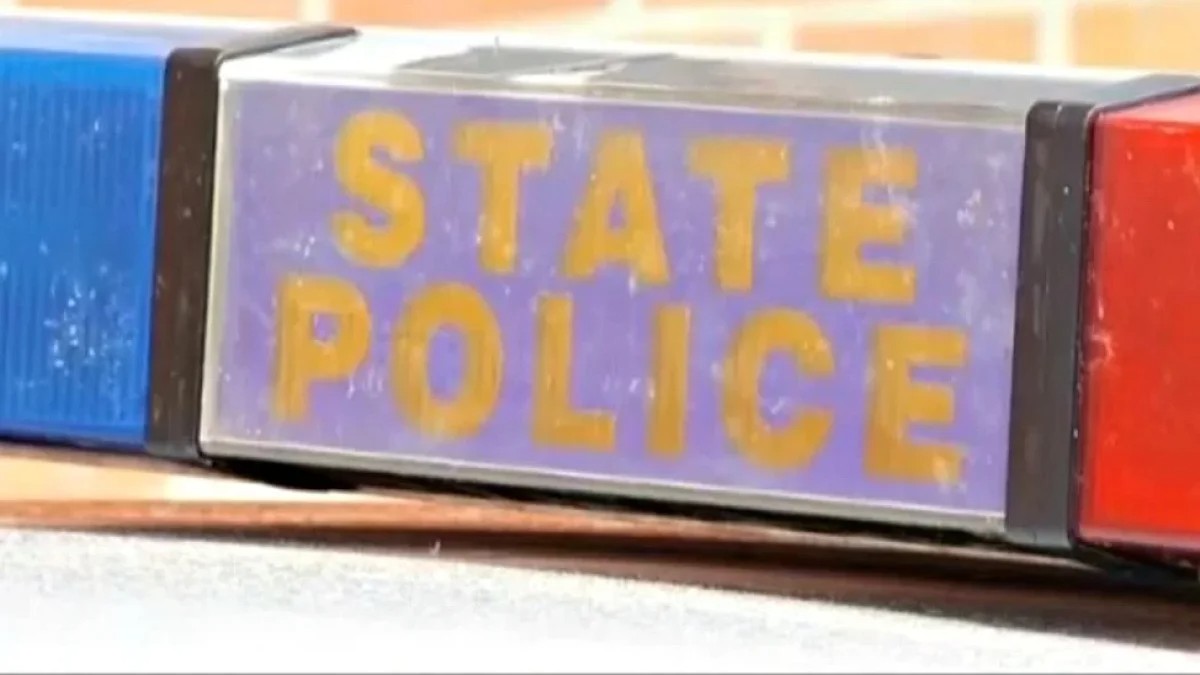From Suffield to Southington and Middletown to Manchester, more than half a dozen districts have closed at least one school building in recent weeks due to a staffing shortage.
“Districts right now are saying, 'well we’re just gonna have to shut down, we’re just gonna have to go remote,'” explained Jeff Leake, the president of the Connecticut Education Association, Connecticut’s largest teacher’s union.
The latest is West Haven. Four positive cases of students and staff have led to 19 teachers and paraeducators being quarantined at Carrigan Intermediate School, and 17 at West Haven High School.
“We’re just spread too thin,” explained Superintendent Neil Cavellaro.
Finding enough substitutes was hard enough before the pandemic, now it’s nearly impossible.
“They’re just not there,” said Superintendent of Middletown schools, Dr. Michael Conner.
Three Middletown schools have gone to remote learning due to staffing shortages. The superintendent said he didn’t even consider trying to fill the openings when 18 to 20 of the district’s educators were forced to quarantine. For one, those teachers will still be able to teach from home as long as they’re not sick.
Local
“We wouldn’t be able to have in-school sessions because of the number of substitutes that are available,” said Conner.
Leake said teachers have a lot more on their plate now, like keeping track of students learning in the classroom and remotely and having to know more about technology. So, when they’re out sick, all of those new responsibilities get passed onto their subs.
“In many districts, substitutes are not even making $100 a day for their time,” Leake said. “You could make that in some other way less demanding situation.”
“Listen, we’ve got the money to hire the substitutes, but they’re not out there,” said Cavellaro, noting that the district has set aside COVID-19 funds to negotiate higher compensation for certain substitute teaching opportunities.
With Connecticut subs making a little more than a third of what full-time teachers make, the vice president of Kelly Education Services, which supplies substitutes to 50 Connecticut school districts, said they have a long way to go.
“I really do believe that there is a compensation gap that we need to, as a community, address,” said Brad Beckner.
Retired teachers who substituted as an extension of their careers are staying home. However, Beckner said he’s starting to see more interest in the job, as substitute teaching becomes more of a calling than a career.
“Moms that are real estate agents that have a flexible schedule that can pick up a couple of assignments a day,” he explained. “Engineers that can go into the classroom and now teach science or accounts that are now in a position to go in and help our students learn math.”
To the teacher’s union, a school closure is a sign of good contact tracing. Leake said he’s worried about the schools that don’t close because they’re not following the same protocols or not properly set up for remote learning.
“We have 169 towns in some cases doing 169 different things,” Leake explained.
He pointed out another problem districts must contend with, one that the teacher's union found alarming even before COVID-19 hit, a decline in the number of people going into education in the first place.
“I think it's just been exaggerated by the pandemic that we're in right now,” said Leake. "I think it’s just getting worse."



